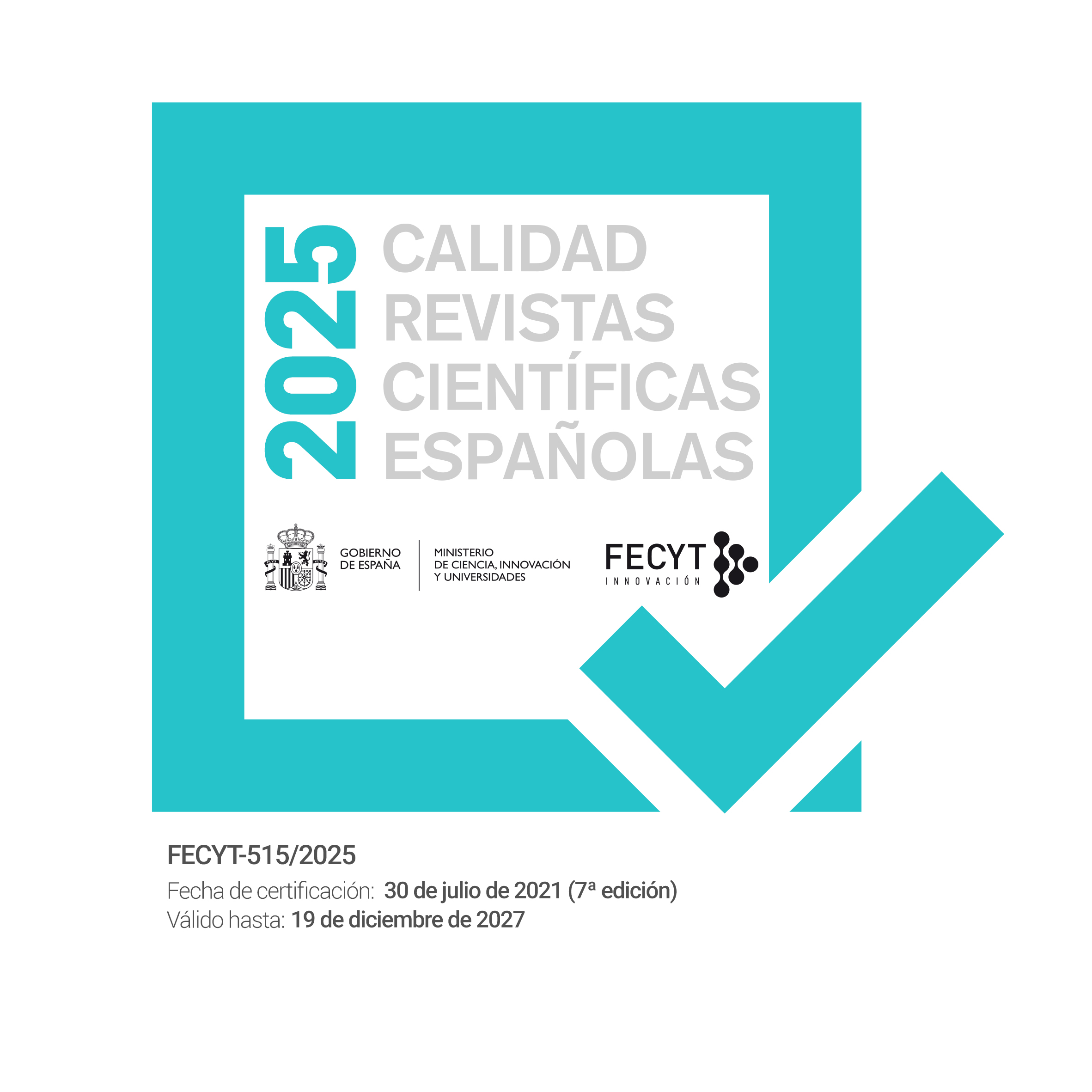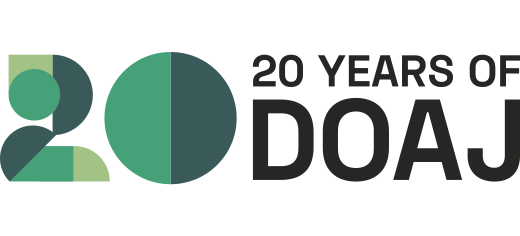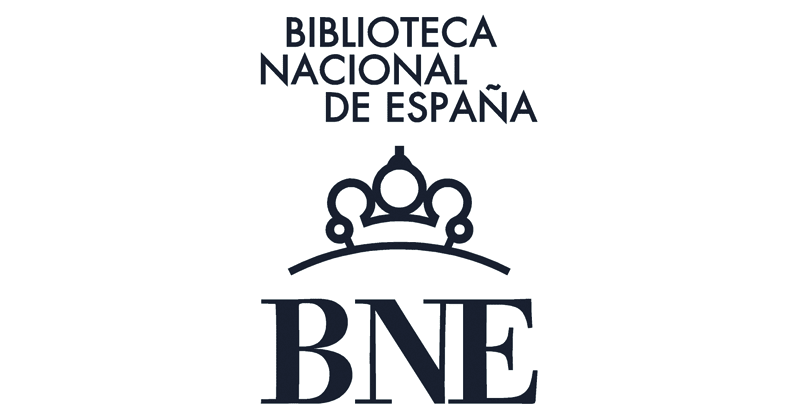eISSN: 2531-1786
About the Journal
Focus and Scope
Peer Review Process
Open Access Policy
Code of Conduct and best practices
Preservation policy
Peer Reviewers
Content distribution policy
Author Guidelines
Copyright Notice
Privacy Statement
Focus and Scope
Revista de Humanidades Digitales / Journal of Digital Humanities (RHD), ISSN 2531-1786, is an scientific journal that publishes scholarly works in Digital Humanities on a rolling basis, understanding the field through its different theoretical, practical and historical manifestations.
RHD publishes articles with a wide range of topics in the field of Digital Humanities, which include
-
Academic articles (up to 10,000 words)
-
Data articles (up to 10,000 words)
-
Research notes (up to 7,000 words)
-
Reviews (up to 3,000 words)
-
Interviews (up to 5,000 words).
RHD accepts collaborations from scholars and members of the GLAM community, etc. from any institution or country. Submissions should consist of original research papers (not previously published) related to the Digital Humanities field. RHD does not accept articles in evaluation in another journal at the moment of submission.
The works published in RHD should be written, preferably, in Spanish, although contributions are accepted in English, Portuguese, Italian and French.
The articles published in this journal can be included in preprint, postprint, thematic or institutional repositories.
RHD Editorial and Academic Board seek diversity and equity. Their members are prestigious scholars with extensive experience.
Works on any aspect of Digital Humanities, from practical applications to methodologies and theories, are welcome.
Relevant topics can be any of the following:
- Application of digital technology in literary, philological, linguistic, cultural and historical studies.
- Digital editions of texts, digital libraries.
- Digital archives and memory.
- Examination and analysis of multimedia resources.
- Text mining and data mining, stylometry, topic modeling, sentiment analysis.
- Georeferencing, maps, visualization tools.
- Corpus linguistics, natural language processing (NLP).
- Digital media, digitization, curatorship and preservation of digital objects.
- Design and development of software, system design and information modeling.
- Quantitative and qualitative methods in Digital Humanities.
- Design and application of algorithms.
- Infrastructures and virtual research environments.
- Transmedia, storytelling.
- Digital history, digital ethnography, digital anthropology, digital arts, music and its relationship with the Digital Humanities.
- Critical analysis of the Digital Humanities field and tools.
- Digital Humanities pedagogy, digital curriculum.
- Digital Humanities and scientific communication, open science, open access, citizen science.
Peer Review Process
The method of evaluation of the submitted texts will be double blind. External evaluators will examine the work anonymously. If necessary, observations will be sent to the authors, who will always also remain anonymous, so that they make the appropriate modifications. The Editorial Board will finally evaluate the publication of the work according to the reports of the external evaluators.
All works will be acknowledged. The Editorial Board will decide, in the following four months, the publication of the work, based on reports from at least two double blind external and anonymous reviewers. Reviewers will follow a form prepared by the Editorial Board. The final decision will be communicated to the author and, if affirmative, the journal issue in which the work will be included will be indicated. The publication may be conditioned to changes with respect to the original version, especially the adaptation to author guidelines. Items that are returned for not complying with the guidelines may be re-submitted once the appropriate changes have been made.
Open Access Policy
RHD provides immediate open access to its content, based on the principle that offering public free access to research helps a greater global exchange of knowledge.
RHD does not charge fees for submitting papers, nor does it charge fees for publishing your articles.
RHD offers open access to content since the moment each issue is published. Its contents are distributed under the Creative Commons Attribution-Non-Commercial 4.0 International license (CC BY-NC 4.0), which allows the user free and open access, criteria that meet with the Budapest Open Access Declaration.
RHD is a Diamond journal, that is, an open-access academic journal funded by an academic institution, which charges no fees to authors or readers and whose content is shared under open licenses.
The works are licensed under a Creative Commons Attribution-NonCommercial License.
Authors are authorized to post the published version of their articles (offprint in PDF format) or the link to their article on the journal's website in open-access institutional or thematic repositories.
Code of Conduct and best practices
RHD follows the GUIDELINES ON GOOD PUBLICATION PRACTICE established by the Committee on Publication Ethics (COPE), committing to ensure the scientific quality of the materials published, protecting and respecting the content of the articles and the work of editorial committees, authors and reviewers.
RHD uses Turnitin plagiarism detection software.
Articles are shared under a CC BY-NC license.
Preservation policy
Digital preservation is understood as a set of processes and activities that ensure that information that now exists in digital formats is backed up and distributed to ensure continued long-term access.
This journal relies on the services of the CSI (Centro de Servicios Informáticos) of the UNED, which is in charge of preservation through backup copies.
Moreover, this journal is part of the private LOCKSS network of the Public Knowledge Project (PKP-PLN).
The preservation policy includes the assignment of DOI to the title of the journal, to each issue and to each article.
Peer Reviewers 2023
- Agustina Ryckeboer, Universidad del Salvador, El Salvador.
- Alba Comino, Universidade Nova de Lisboa, Portugal.
- Alvaro Cuéllar, Universität Wien, Austria.
- Antonio Jesús Ortiz Villarejo, Universidad de Jaén, España.
- Antonio Nacilio Sousa dos Santos, UFES/UFC, Brasil.
- Cristian Suárez Giraldo, Universidad de Salamanca, España.
- Daniel Riaño Rufilanchas, CSIC, España.
- Diego Pablo de la Hera, IFIBA - CONICET - LNI, Argentina.
- Evelin Heidel, Open GLAM Initiative, Uruguay.
- Francisco Javier Rey Arrans, Universidad de Jaén, España.
- Gabriel Calarco, Universidad de Buenos Aires, Argentina.
- Gustavo Fernández Riva, CONICET, Argentina.
- Javier Izetta, Universidad Nacional de Jujuy, Argentina,
- José Luis Rodríguez Gómez, Patrimonio Nacional, España.
- José Manuel Morales-del-Castillo, Universidad de Granada, España.
- Laura Hernández Lorenzo, Universidad de Sevilla, España.
- María D. Martos Pérez, UNED, España.
- María Juana Espinosa Menéndez, Universidad de los Andes, Colombia.
- Maria Laura Volkind, CONICET, Argentina.
- María Marcos Cobaleda, Universidad de Málaga, España.
- Maria Soler Sala, Universidad de Barcelona, España.
- María Teresa Ravelo Sánchez, Asociación Argentina de Humanidades Digitales, México.
- Marta López Izquierdo, Université Paris 8, Francia.
- Miriam Peña Pimentel, IIB, Universidad Nacional Autónoma de México, México.
- Nuria Aranda, Universidad de Zaragoza, España.
- Nuria Jornet Benito, Universitat de Barcelona, España.
- Rocío Ortuño Casanova, Antwerp University, Bélgica.
- Rosa Castro Prieto, Universidad Autónoma de Madrid, España.
- Saray Córdoba, Universidad de Costa Rica, Costa Rica.
- Silvia Eunice Gutiérrez De la Torre, El Colegio de México, A. C., México.
Content distribution policy
The contents of this journal may be distributed through different channels, such as social media, publications in different formats, etc.
To facilitate this, each article has a series of tools:
- Print this article
- Indexing metadata
- How to cite an item
- Supplemental files
- Search references
Review Policy
- Send this article by e-mail
- Send an e-mail to the author
-This journal also allows the export of its metadata to any bibliographic manager

























